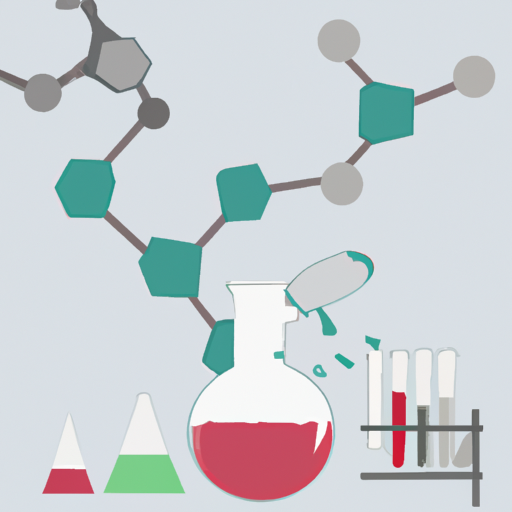
Alkali metal soaps are salts of fatty acids formed by the reaction of alkali metals with carboxylic acids. These compounds are commonly used in various industrial applications, including the production of soaps, lubricants, and other products. Due to their amphiphilic nature, alkali metal soaps exhibit surfactant properties, making them effective emulsifiers and detergents. Potassium and sodium soaps, derived from potassium and sodium hydroxide, are among the most widely used alkali metal soaps. They play a key role in cosmetics, pharmaceuticals, and the food industry, where they act as thickeners, stabilizers, and emollients. The formation of alkali metal soaps is a fundamental process in organic chemistry, with implications for materials science and biotechnology. Understanding the properties and applications of alkali metal soaps is crucial for researchers and practitioners working in these fields to harness their unique chemical characteristics effectively.
